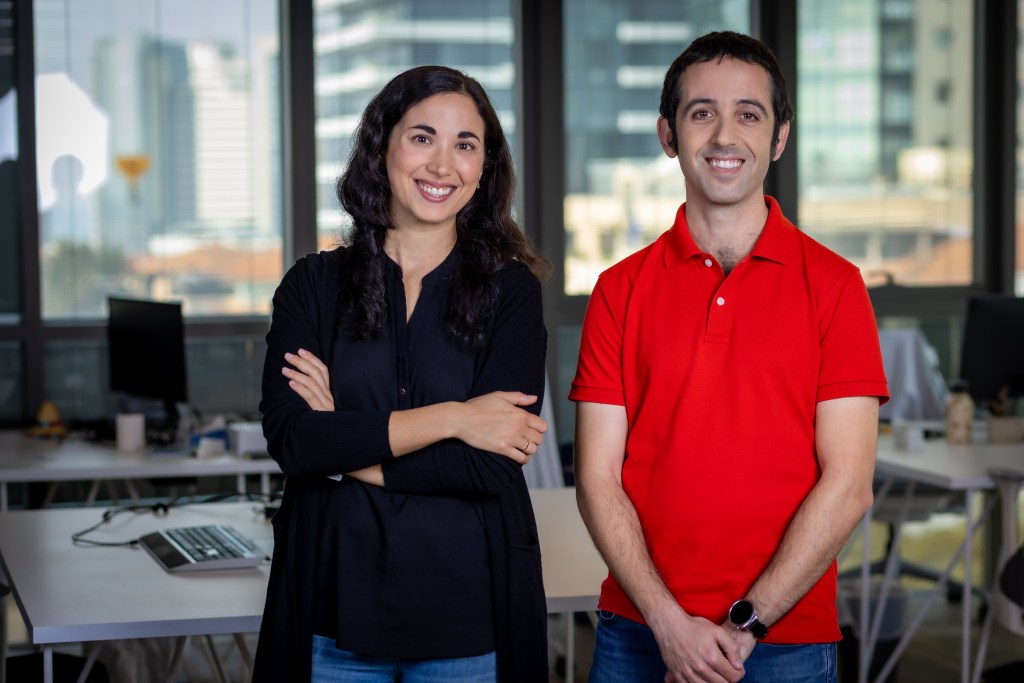Eureka, a Tel Aviv-based startup that provides enterprises with tools to manage security risks across their various data stores, today announced that it has raised an $8 million seed round led by YL Ventures.
The company was founded by Liat Hayun (CEO), a former VP of Product Management at Palo Alto Networks, and Asaf Weiss (CTO), who was formerly a director of Engineering at Microsoft and Palo Alto Networks. During their time at these companies, they noticed the need for better cloud data security and management tools as businesses continued to amass more data spread across a wider range of clouds and services.
“Data is a valuable asset for helping businesses operate and compete. However, it has spiraled well beyond the feasible control and management of enterprise security leaders, leaving it exposed and at risk of leaks and loss as well as destruction and exfiltration by bad actors,” Hayun said.
A lot of companies are only now realizing the magnitude of this problem, she noted, in part because they are still going through their transitions to the cloud and because sensitive data is often the last asset to make this move.
The idea behind Eureka then is to give these businesses insights into all the cloud data stores that are connected to their systems and help them manage access policies and discover configuration issues and policy violations. While many organizations have clear ideas about how they think about data protection, implementing those policies across different data stores, all with their own settings and capabilities, is often a challenge.
“Security leaders are especially excited about Eureka’s policy translation engine,” Hayun explained. “The engine automatically translates data protection policies around privacy, risk, compliance and security into platform-specific controls that can be implemented into each cloud data store. It is currently very difficult to translate one into the other, especially as these translation results will vary across different data stores.”
The team tells me that it believes products from competitors like Imperva and IBM are mostly trying to apply an on-prem approach to a cloud-native problem, while platform-specific solutions aren’t able to address the larger problem of managing access across data environments.
“By offering security leaders the operational powers they require without causing friction to business interests, Liat and Asaf are ushering in an entirely new kind of digital transformation in the coming years,” says John Brennan, partner at YL Ventures. They’re enabling companies to leverage any cloud data store they wish while ensuring that security teams maintain full visibility and understanding into the organization’s entire cloud footprint and can easily evolve and manage policy whenever needed.”
Israel’s cybersecurity startups post another record year in 2021































Comment